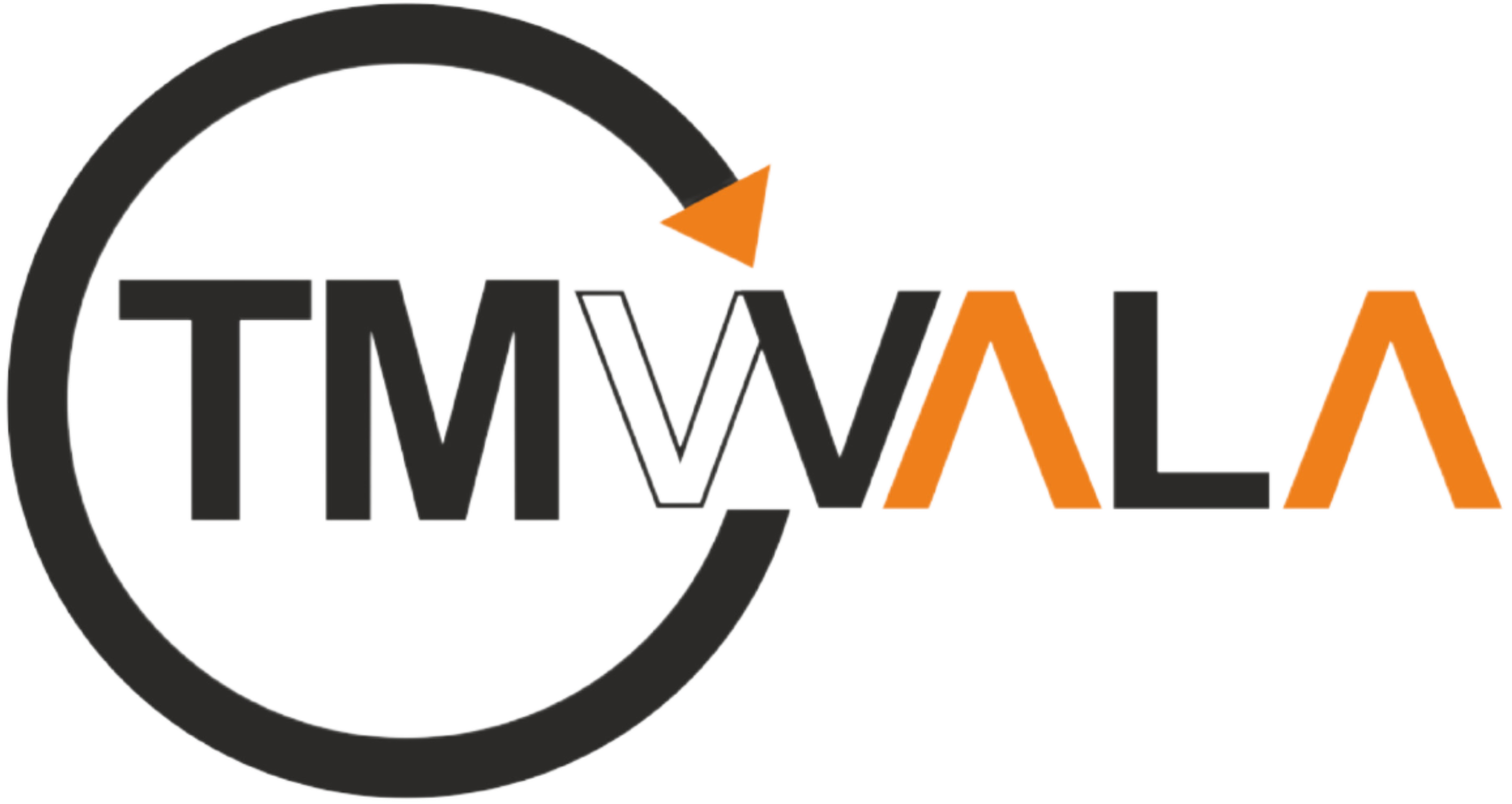What is a Startup?
A startup is a brand-new company founded by one or more business owners to create a good or service for which they believe there is a market. Startups are usually defined by high startup expenses and low revenue, forcing them to look for funding from various sources, including venture capitalists. Startups are different from established businesses in that they prioritize modernization and innovation. These businesses offer distinctive goods and services that aren’t found anywhere else. The fundamental function of a startup is to create or enhance offerings to deliver something better; this is the essence of contemporary entrepreneurship and the basis for seeking startup India registration to access growth incentives..
What is Startup India?
A startup that wants to be recognized under the Startup India initiative must apply for recognition from the Department for Promotion of Industry and Internal Trade (DPIIT), which will award it based on factors like scalability and innovation. Thanks to this accreditation, businesses can take advantage of certain advantages designed to support their expansion, such as tax breaks, streamlined compliance procedures, expedited patent review, and investment opportunities. The Startup India registration portal is used for the simple online application process, which calls for the submission of pertinent paperwork and information on the startup’s cutting-edge products.
After being acknowledged, entrepreneurs gain more legitimacy, visibility, and access to a network of resources that includes government-led projects, networking opportunities, and mentorship. Acknowledgment is good for five years and can be extended upon fulfilling eligibility requirements, which helps entrepreneurs overcome regulatory obstacles and accelerate their path to long-term prosperity and their input to the Indian entrepreneurial scene.
Procedure to get DPIIT Certificate
For companies to receive DPIIT recognition, they must complete several crucial tasks that are intended to expedite the Startup India registration process and guarantee their eligibility for rewards under the Startup India initiative. The entity must first be incorporated as a Limited Liability Partnership (LLP), Private Limited Company, or Partnership company. The following step after incorporation is to register the company online under the Startup India Scheme. In this case, the business needs to submit comprehensive data that includes the following: the entire address, information about directors or partners, intellectual property rights, finance details, and entity details, including nature, industrial sector, and incorporation specifics.
The startup provides the required paperwork, which includes the incorporation certificate, awards received, and a questionnaire, after completing the application on the Startup India Registration portal. It’s imperative to verify the accuracy of all documents by yourself. After the application is reviewed by a panel and approved, the company is awarded the DPIIT Certificate of Recognition as well as a special startup recognition number. With the help of this accreditation, entrepreneurs may take advantage of advantages like tax exemptions and simpler compliance, which will help them expand and thrive within the Indian entrepreneurial ecosystem.
What is the Eligibility criterion for Startup Recognition Registration?
The following is a summary of the requirements that businesses under the Startup India initiative must meet in order to be eligible for DPIIT recognition:
- Duration of Operation: Since the date of incorporation, the startup must have been in business for longer than ten years.
- Entity Type: Registered partnership firms, Limited Liability Partnerships (LLPs), and Private Limited Companies are among the eligible entities.
- Annual Turnover: Since its founding, the startup’s annual turnover in each fiscal year has been less than Rs. 100 crore.
- Original Entity: The startup has to be an original entity; it cannot have been created by dissecting or reconstructing an already-existing entity.
- Innovation Focus: The business should be actively involved in creating or enhancing a method, product, or service that demonstrates its innovative qualities.
- Scalability: The startup should have a business plan that is both highly profitable and capable of creating a sizable number of jobs.
These criteria form the foundation for a successful Startup India registration.
What are the Benefits of Startup Recognition?
Here’s a comprehensive compilation of the benefits that startups can avail upon obtaining DPIIT recognition under the Startup India initiative:
- Self-Certification: Recognized startups can self-certify compliance under 6 Labour Laws and 3 Environmental Laws, streamlining regulatory processes.
- Tax Exemption: Startups are eligible for tax exemptions under Section 80 IAC of the Income Tax Act. They can also apply for Angel Tax Exemption, and once approved, they are exempted from income tax for three consecutive fiscal years within their first ten years of operation.
- Startup Patent Application: DPIIT-recognized startups pay only 80% of the fees for patents, trademarks, copyrights, and designs. They also benefit from the fast-tracking of patent applications.
- Public Procurement Norms: These startups can list their products on the Government e-Marketplace without submitting an Earnest Money Deposit. They are exempted from the prior experience/turnover requirements in Central Government ministries and departments.
- Credit Guarantee Fund: Eligibility to avail Rs. 2000 crore Credit Guarantee Fund through the National Credit Guarantee Trust Company or SIDBI over four years.
- Funds of Funds: Startups can access Rs. 10,000 crore from the Alternative Investment Funds as part of the Funds of Funds initiative.
- Easy Winding Up: Recognized startups can wind up their operations within 90 days of applying for insolvency under the Insolvency and Bankruptcy Code, 2016, facilitating a smoother exit process.
- Deposit of Earnest Money: They are not subject to the turnover and prior experience criteria of Central Government agencies and ministries.
- Credit Guarantee Fund: The National Credit Guarantee Trust Company or SIDBI may provide up to Rs. 2000 crore in Credit Guarantee Fund over four years.
- Funds of Funds: As part of the Funds of Funds concept, startups have access to Rs. 10,000 crore from Alternative Investment Funds.
- Simple Winding Up: Under the Insolvency and Bankruptcy Code, 2016, recognized startups may cease operations 90 days after filing for bankruptcy, allowing for a simpler departure procedure.
All these advantages highlight the value of completing Startup India registration at the right stage of business growth.
FAQs
- Does applying for DPIIT recognition come with a cost?
No, there isn’t a cost associated with requesting DPIIT recognition. The Startup India platform is used to perform the free online application procedure.
- What is the duration required to obtain DPIIT recognition?
While the process of obtaining DPIIT recognition can take several months, it usually entails submitting an application and having it reviewed by a panel of experts. Startups are granted a certificate of recognition upon approval.
- When does DPIIT recognition expire?
After the date of issuance, DPIIT recognition is valid for five years. If, after the initial period, startups continue to meet the eligibility requirements, they can seek renewal.
- What paperwork is needed to be recognized by DPIIT?
The startup’s incorporation certificate, information about the directors and partners, proof of address, information on intellectual property rights, financial data, and any accolades or recognitions obtained are among the documents needed for DPIIT acknowledgment.
- Can international startups apply to be recognized by DPIIT?
Yes, overseas startups that meet the qualifying requirements and fulfill additional stated requirements, such as being incorporated in India as a Private Limited Company, LLP, or Partnership Firm, are eligible to apply for DPIIT recognition.














